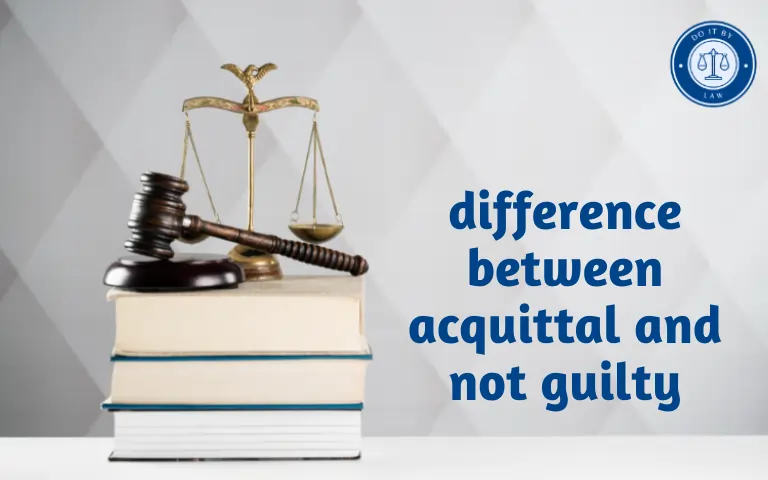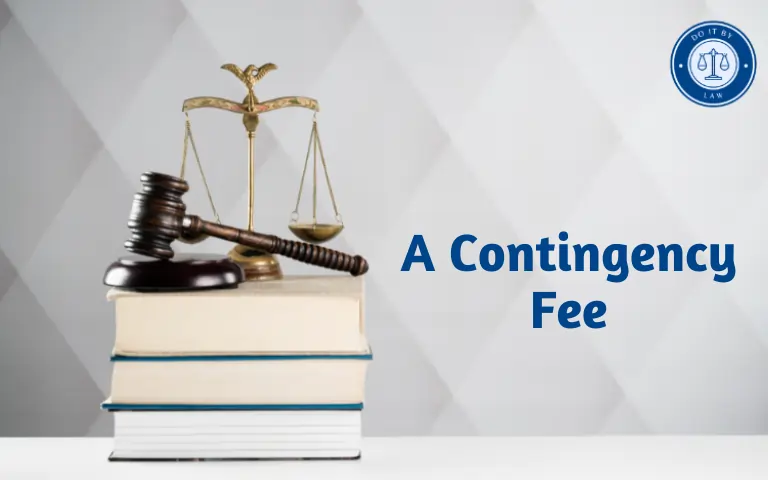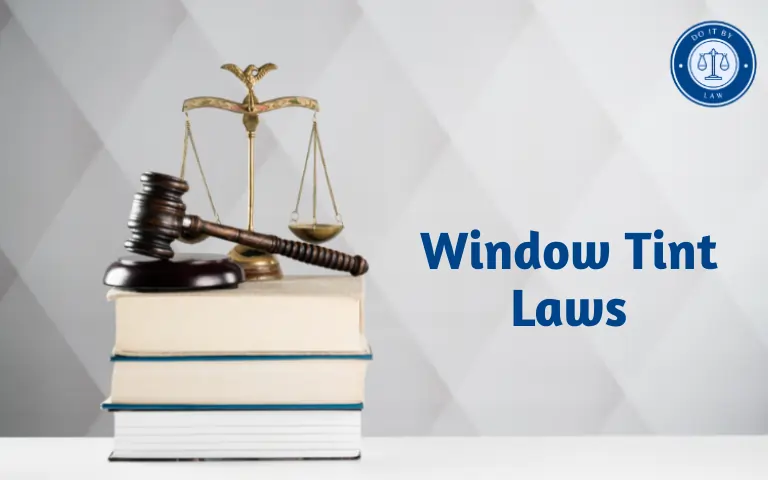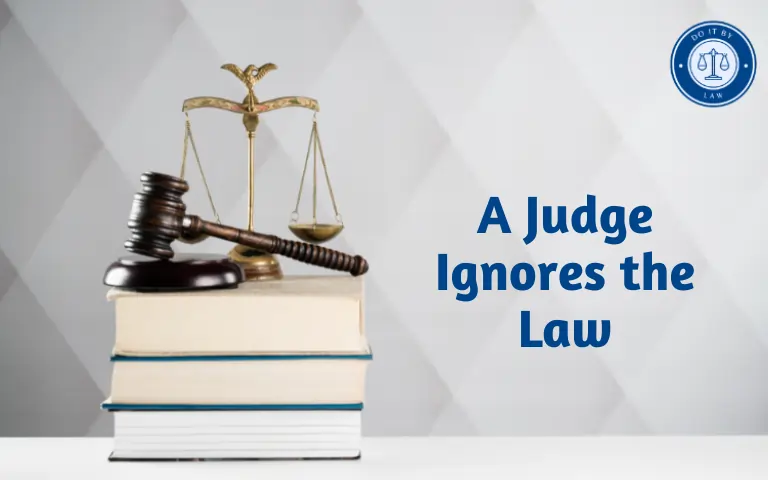The difference between acquittal and not guilty is a Verdict
When a criminal defendant goes to trial, there are two possible outcomes if the prosecution fails to prove its case beyond a reasonable doubt – an acquittal and not guilty verdict. While they may sound synonymous, there are some key differences between an acquittal and a jury finding someone not guilty of the crime they were charged with. This article will examine how an acquittal and a not guilty verdict differ in their legal implications.
What is an Acquittal?
An acquittal occurs when the judge overseeing a criminal case dismisses the charges against the defendant before the case goes to a jury trial. This happens when the prosecution fails to present sufficient evidence for its case during pretrial proceedings and motions.
Judges can acquit a defendant under several circumstances:
- At a preliminary hearing, the judge finds no probable cause that the defendant committed the crime based on weakness in the prosecution’s evidence.
- The prosecutor makes a formal admission they have insufficient evidence to prove guilt beyond a reasonable doubt. This occurs through a motion called nolle prosequi.
- The judge grants a directed verdict acquitting the defendant after the prosecution presents its case at trial if evidence is lacking to support a conviction.
- The judge grants a motion to dismiss or a motion for judgment of acquittal after the prosecution finishes presenting evidence to a jury due to insufficient evidence.
An acquittal signifies the charges are dropped and the criminal proceedings end. The defendant faces no further jeopardy or retrial.
What is a Not Guilty Verdict?
A not guilty verdict happens when a criminal trial proceeds to a jury and the 12 jurors unanimously agree the prosecution failed to prove guilt beyond a reasonable doubt. If just one juror votes not guilty, a hung jury results, which can lead to a mistrial.

But when all 12 jury members agree the defendant is not guilty, the trial ends with the court accepting that verdict and the defendant going free. The jury does not explain its reasoning. A not-guilty verdict cannot be overturned or appealed since it protects against double jeopardy.
Key Differences Between an Acquittal and Not Guilty Verdict
There are some notable differences between an acquittal and a jury finding the defendant not guilty:
Finality
A judge’s acquittal halts proceedings before a full trial finishes. An acquittal typically happens pre-trial when charges get dismissed. In contrast, a not guilty verdict only comes after the trial runs its course with the jury deliberating.
Basis
An acquittal stems from the judge’s legal assessment that the prosecution presented insufficient evidence, not the jury’s view of guilt. A not guilty verdict reflects the jury’s unanimous belief that prosecutors failed to adequately prove guilt, not the judge’s opinion.
Jeopardy
An acquittal prevents a retrial since jeopardy attaches pre-trial after key proceedings like jury selection or presenting evidence. A not guilty verdict also prevents retrial but jeopardy only attaches post-trial when the jury reaches a verdict.
Directed Verdict
Judges can acquit through a directed verdict after prosecutors present their case if the evidence is legally inadequate. A directed verdict of acquittal is different from a jury’s not guilty verdict.
Appeal
Prosecutors cannot appeal an acquittal. But they can appeal a motion granting acquittal pre-trial and retrial if successful. Not guilty verdicts also cannot be appealed but a mistrial from a hung jury can be retried.
Presumption of Innocence
An acquittal reinforces the presumption of innocence that prosecutors failed to overcome. A not guilty verdict does not confirm innocence, only that evidence did not prove guilt beyond a reasonable doubt.
Why Do Acquittals and Not Guilty Verdicts Occur?
There are a few common reasons acquittals and not-guilty verdicts happen:

- Key evidence is ruled inadmissible by the judge so the remaining evidence is insufficient.
- Exculpatory evidence establishing reasonable doubt emerges at trial.
- Prosecutors overcharge for the amount or quality of evidence available.
- Mistakes are made in procedure, evidence gathering, or the jury selection process.
- Witnesses become unreliable due to changing stories, lacking credibility, or recanting testimony.
- Experts disagree significantly with the prosecution’s version of events like the cause of death.
- The defense presents alternative credible theories that counter the prosecution.
- Jury instructions explain the extensive burden prosecutors must meet.
- The jury does not find the witnesses, victim, or evidence sufficiently convincing.
Notable Cases of Acquittals and Not Guilty Verdicts
Famous acquittals and not-guilty verdicts in high-profile criminal trials include:
- Case Casey Anthony – A jury returned a not guilty verdict in her murder trial in 2011.
- Robert Blake – Acquitted of murder in 2005 after his wife was shot and killed.
- Michael Jackson – Acquitted of child molestation charges at a 2005 trial.
- Sean “P Diddy” Combs – Acquitted in 2001 of weapons and bribery charges.
- Fatty Arbuckle – Acquitted in 1922 of manslaughter charges after a retrial.
- Lemrick Nelson – Acquitted by a jury in the 90s Central Park jogger case.
- OJ Simpson – Found not guilty by a jury of double homicide charges in 1995.
Consequences of an Acquittal or Not Guilty Verdict
The effects of an acquittal or not guilty verdict include:

- The defendant avoids a potential conviction and any resulting punishment.
- No further prosecution is permitted for the same crime under double jeopardy rules.
- However, the acquitted person can still face civil lawsuits, professional repercussions, and reputation damage.
- A not-guilty verdict does not prove actual innocence or expunge the arrest record.
- For victims and prosecutors, an acquittal or not guilty verdict may feel like an injustice if they strongly believe in guilt.
- It may spur efforts to re-examine the case and evidence to understand what went wrong.
- Procedural flaws highlighted can prompt reforms like better evidence rules.
- An acquittal or not guilty verdict doesn’t preclude prosecution for related crimes with different elements.
Key Takeaways
The most notable distinction is that an acquittal happens pre-trial when a judge dismisses charges while a not guilty verdict comes post-trial from a jury decision. Neither can be appealed or retried. But an acquittal carries greater finality, prevents full jeopardy attachment, and confirms the prosecution lacked adequate evidence in the judge’s view. Still, both mean the defendant avoids conviction for the specific charges brought. The prosecution failed to overcome the presumption of innocence with proof beyond a reasonable doubt in the eyes of either the judge or jury.
FAQs
References
Criminal Procedure: How Cases Proceed Through the Courts
Not Guilty vs. Innocent: What’s the Difference?
What Happens When a Criminal Case Ends in a Hung Jury?
Understanding the Difference Between a Pardon, Acquittal, and an Expungement




